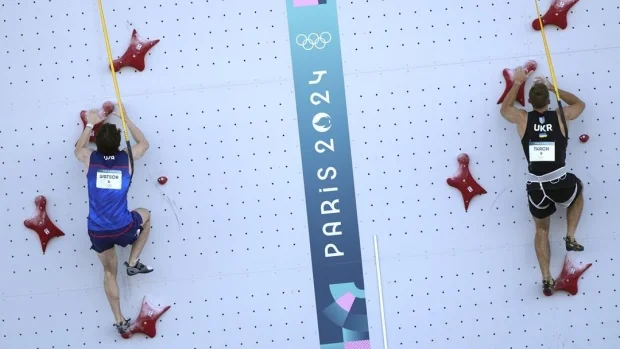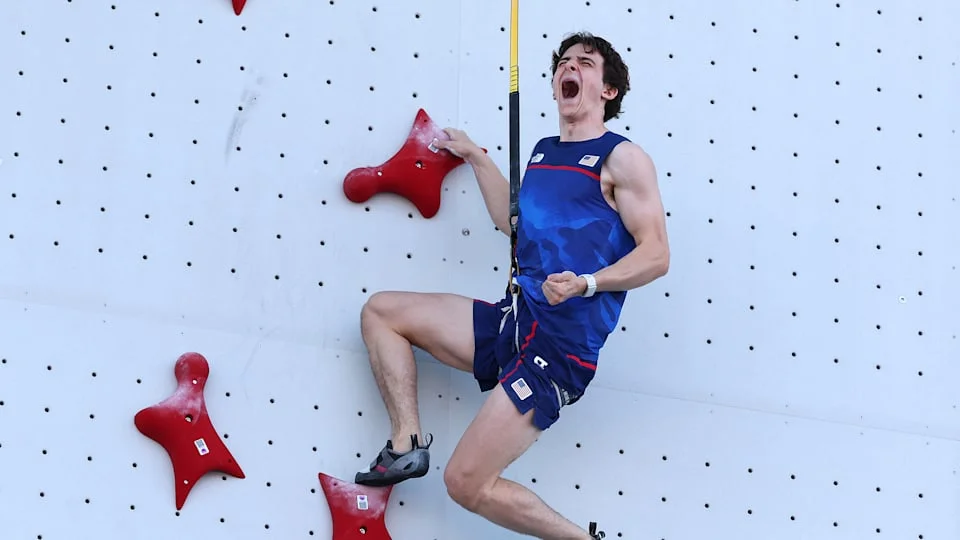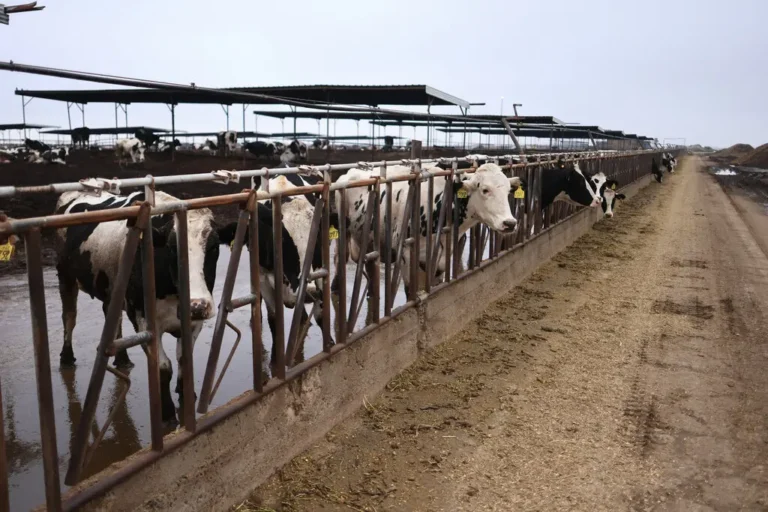As of Tuesday, 18-year-old Sam Watson from Texas became the fastest-ever Olympian in speed climbing. Watson set a new world record of 4.75 seconds in the Parisian suburbs, where a temporary climbing wall was installed for the Olympics.
“I suppose 4.75, the fastest time ever run in the Olympics in a timed sport,” Watson remarked. “That’s a cool title; no one can take that away, I suppose.”
Speed climbing demands lightning-fast reactions and fast-twitch muscle fibers, as athletes scale a 15-meter wall in approximately five seconds, racing to hit a red buzzer at the top. Even a minor slip or a momentary lapse can result in elimination.
Watson had previously set a world record of 4.79 seconds at a World Cup event in China earlier this year. During Tuesday’s heats, Indonesia’s Veddriq Leonardo matched this time, but Watson outpaced his previous record in the subsequent round.
Table of Contents

Also Read: Anraku Sorato, Adam Ondra and Alberto Gines advance to Boulder and Lead final at Paris 2024 Olympics
The Unique Challenges of Speed Climbing
Unlike other climbing disciplines, speed climbing is a head-to-head race. Victory is achieved by reaching the top of the wall faster than the opponent, even if the time is slower overall.
“I want to win these races and get to the top of the podium,” Watson said. “But I did go a lot faster in practice, and I knew it was possible [to set a world record].”
Watson’s parents described him as a “vertically challenged child,” constantly climbing everything in sight. His talent was apparent from an early age, leading to swift progress in the sport. By 2022, at just 16, he became the youngest man to win a medal at a World Cup event and set the American speed record the following year.
Victory at the Pan American Games earned Watson a spot on the US team for the Paris Olympics. He now enters the finals as one of the top contenders for the gold medal.
The Evolution of Sport Climbing in the Olympics
Sport climbing made its Olympic debut in Tokyo three years ago, controversially combining three disciplines – speed, bouldering, and lead – into one medal event. This format posed significant challenges, as mastering all three disciplines is nearly impossible. Adam Ondra, widely considered one of the greatest all-around climbers, criticized the previous format, likening it to a “circus.”
For Paris 2024, the format has been revised. Speed climbing is now a separate medal event, while lead and bouldering are combined into another.
The men’s speed finals will occur on Thursday in Le Bourget, with the women’s on Wednesday. Earlier this week, Poland’s Aleksandra Mirosław set a new women’s world record twice, with times of 6.24 and 6.06 seconds in the heats.
Looking Ahead to the Finals
Watson remains confident about his prospects. “The goal is to win the races and get to the top of the podium, but yes, I think I can go faster,” he asserted.
Growing up in Southlake, Texas, Watson’s journey from a daring child to an Olympic contender has been remarkable. His success is not limited to climbing; he is also an avid chess player and enjoys learning languages, including Indonesian, the nationality of many top speed climbers.
As the competition progresses, Watson’s record-setting performance serves as a benchmark for his peers. He celebrated his achievement by pumping his fists on the slow descent back to earth, securing his place in the final eight.
With the finals approaching, the climbing world watches eagerly to see who will emerge victorious in this thrilling Olympic event.




